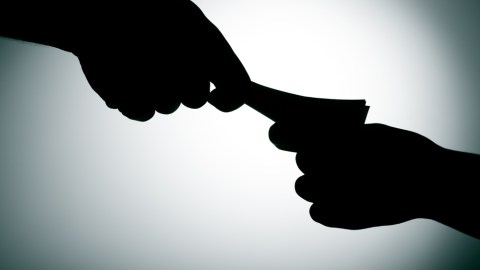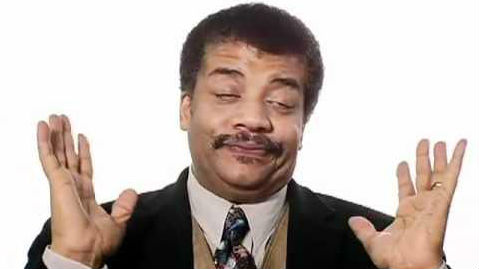Myanmar’s Long Road To Reform

What is the Big Idea?
After years of political and economic deadlock, Myanmar (formerly known as Burma) is coming out of stagnation at a dizzying speed. Since he took office in March 2011, President Thein Sein released a number of political prisoners and took steps to reform the economy. And just last week, the National League for Democracy– the main opposition party– won nearly every seat available in the parliamentary by-elections. While that only yielded a five percent dominance in the parliament, the victory was a sign of strong support for the opposition and it put Nobel Prize winner Aung Sung Suu Kyi front and center once again as the country’s symbol for change.
Still, there is much work left to do. There continues to be fighting between the government and ethnic rebels in Kachin State. Only one fourth of the population has electricity. And the lack of checks and balances within the government means corruption and cronyism is rampant in the highest level of leadership. And so long as corruption exists, true economic development will be stifled, even if trade sanctions are lifted.
What is the Significance?
Some of the sanctions are obstacles to capacity building for health and education and those should be lifted first, according to Suzanne Dimaggio Vice President of Global Policy Programs at Asia Society.
“But there are a whole set of sanctions that deal with trade and investment and those probably need to take a little while longer because Burma’s economy is still in need of more reform in order to get there,” said Dimaggio. “I think they’re trying to clean up their act with new investment laws.”
There are some sanctions that not only stand in the way of those who are “legitimate economic actors” but they’re also hindering westerners who want to help, said Dimaggio. But that help can only go so far if they don’t reign in corruption, according to Christian Caryl a senior fellow at the Legatum Institute and a contributing editor of Foreign Policy.
Burma desperately needs foreign direct investment to jumpstart economic growth and spur the influx of modern management and technological know-how, but investors are likely to shy away if the country can’t clean up its act. Why put money into a factory — or an English-language newspaper, for that matter — if some politically well-connected thug can come along at the right moment and scoop up your property? Especially when you know that you’ll have little chance of redress, since the legal system is also deeply permeated by sleaze.
Myanmar ranks 180 out of 183 in the 2011 Corruption Perceptions Index. Somalia and North Korea are the two countries that rank lower.
For years, high level military leaders have profited off of the country’s resources, which include oil, timber and precious stones. In order to truly affect change, there needs to be a changing of the guards. The next major election is in 2015.
“I really think it’s going take a rapid change in government,” said Dimaggio. “It’s also going to take outside assistance.”
This outside help could come in the form of financial aid from the World Bank, technical assistance from the outside world and a clear strategy from other leaders on how to deal with corruption, she said.
Image courtesy of Shutterstock.com, luxorphoto.





